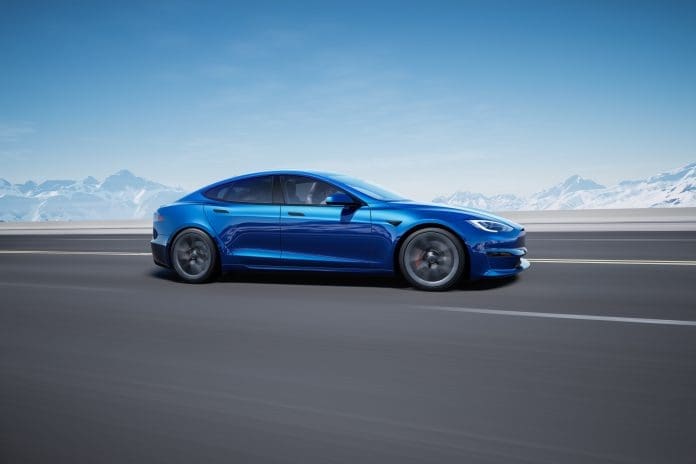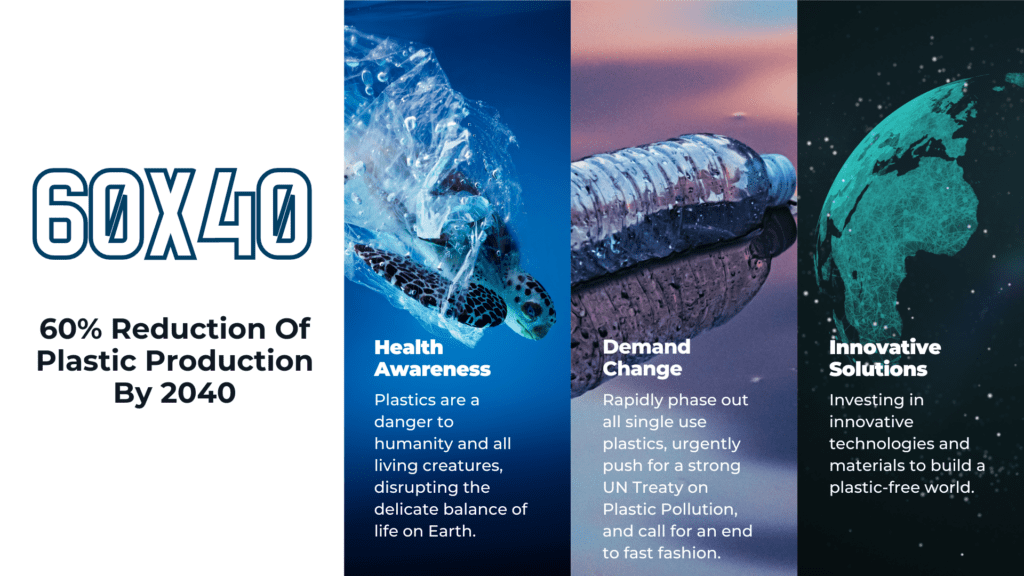Elon Musk, CEO of Tesla and SpaceX, has been one of this year’s most vocal cryptocurrency advocates. On February 8, 2021, Tesla announced it had bought US$1.5 billion in Bitcoin and that Tesla would begin accepting the currency as a form of payment. Bitcoin was priced around US$40,000 at the time.

Bitcoin’s price appreciation between the purchase date and the end of the first quarter resulted in over US$100 million in profit, which was around a fourth of Tesla’s total profit in the first quarter. The price of Bitcoin reached a high of over US$63,000 in April but is now around US$45,000.
Dogecoin Becomes A Main Street Darling
Aside from Bitcoin, Musk has made numerous comments about Dogecoin, a cryptocurrency that started as a joke but has since taken off. Dogecoin now garners a market capitalization of around US$65 billion, and many believe Musk’s support has added fuel to the fire. Musk has been the poster child of the Dogecoin craze and has even said he will take a satellite named DOGE-1 aboard a SpaceX Falcon 9 rocket in 2022.
Elon Musk is the second richest person in the world and has a net worth of around US$150 billion, give or take based on the price of Tesla stock. To him, it’s all a game. But his behavior is starting to upset Wall Street and Main Street alike.
Musk hosted Saturday Night Live (SNL) on May 8. During a Weekend Update skit with Michael Che and Colin Jost, Musk called Dogecoin “a hustle,” a comment that proceeded to plunge the price of Dogecoin down over 30% the following day.
The Reversal
On May 12, Musk tweeted that Tesla would stop accepting Bitcoin due to environmental concerns. “We are concerned about [the] rapidly increasing use of fossil fuels for Bitcoin mining and transactions, especially coal, which has the worst emissions of any fuel,” said Musk in a Tweet. “Cryptocurrency is a good idea on many levels, and we believe it has a promising future, but this cannot come at great cost to the environment. Tesla will not be selling any Bitcoin and we intend to use it for transactions as soon as mining transitions to more sustainable energy. We are also looking at other cryptocurrencies that use <1% of Bitcoin’s energy/transaction.” For the time being, it seems Tesla realized that being outspoken about Bitcoin could potentially tarnish its reputation as one of the premium ESG stocks on the market.

As one of the biggest ESG stocks on Wall Street, it’s not surprising that Tesla would call out bitcoins environmental concerns,” (see “The ESG Ecosystem,” Second Quarter 2021 ESG Review, p. 6). What’s surprising is, why now? There haven’t been any major environmental developments regarding Bitcoin mining between Tesla’s endorsement in February and its reversal in May.
A few days after the tweet, Musk said he was open to improving Dogecoin’s transaction efficiency, hinting it could be a competitor to Bitcoin. On Sunday May 16, it was rumored that Tesla had sold its Bitcoin stake, a rumor that proved to be untrue. However, Tesla said it would suspend transacting Bitcoin, holding its existing stake in reserve until the environmental situation improves.
The Merit Of Musk’s Remarks
Whether you find Musk’s back and forth comments humorous, obnoxious, or a little bit of both, there is some merit to his remarks. It seems that somewhere along the line, Musk realized just how taxing Bitcoin’s price appreciation has become on the environment.
It’s not a perfect science, but generally speaking as the price of Bitcoin rises, so too does that computing power needed to mine additional supply (see “Bitcoin Is Becoming An Environmental Nightmare,” Second Quarter 2021 ESG Review, p. 2). Higher difficulty means higher electricity demand and costs, which in turn leads to a larger carbon footprint. Around 75% of Bitcoin is mined in China, mostly using cheap electricity supplied by coal.
A recent study by Bank of America Global Research estimates that a US$1 billion inflow of cash into Bitcoin would raise its price by 11%, causing the carbon dioxide (CO2) footprint to rise by 5.4 million tons (4.9 million tonnes). According to the report, no other human activity results in as severe of emissions per dollar of investment as Bitcoin. In fact, Bitcoin emissions are now nearly as much as the US federal government’s, and around half as much as ExxonMobil’s emissions.
Musk may be using Dogecoin as a proxy for a new alternative to Bitcoin. It’s clear that the tech billionaire sees value in deregulated peer-to-peer transactions made possible by cryptocurrencies. Unfortunately, the environmental impacts of crypto mining are not unique to Bitcoin. Ethereum, the world’s second most popular cryptocurrency, is facing similar emissions challenges.
The Environmental Risks Are Real
The Fahrenheit 2.7 column in the second quarter 2021 issue of ESG Review discussed the severity of Bitcoin mining on the environment. Strides are being made to mine Bitcoin using renewable energy sources, a common approach being to take excess solar and wind energy that can’t be stored and using it to power mining rigs. However, Bitcoin’s price appreciation continues to push electricity consumption to the limit.
At the time of publishing our second issue, The University of Cambridge Centre for Alternative Finance, which tracks the electricity usage of Bitcoin, estimated the cryptocurrency’s annual electricity consumption to be 14.7 GW — around the annual energy consumption of Sweden. The research institute estimated the upper bound of Bitcoin’s energy consumption to be around 50 GW. As of May 18, 2021, the institute estimates annual electricity consumption of 13.37 GW and an upper bound of 30.38 GW. The numbers have fallen in tandem with Bitcoin’s price.
For more information on Bitcoin dynamics, the environmental impacts of Bitcoin, how much computing power is needed to mine a block of Bitcoin, and why Bitcoin is emerging as a commodity, not a currency, be sure to check out “Bitcoin Is Becoming An Environmental Nightmare” and subscribe to ESG Review.

















